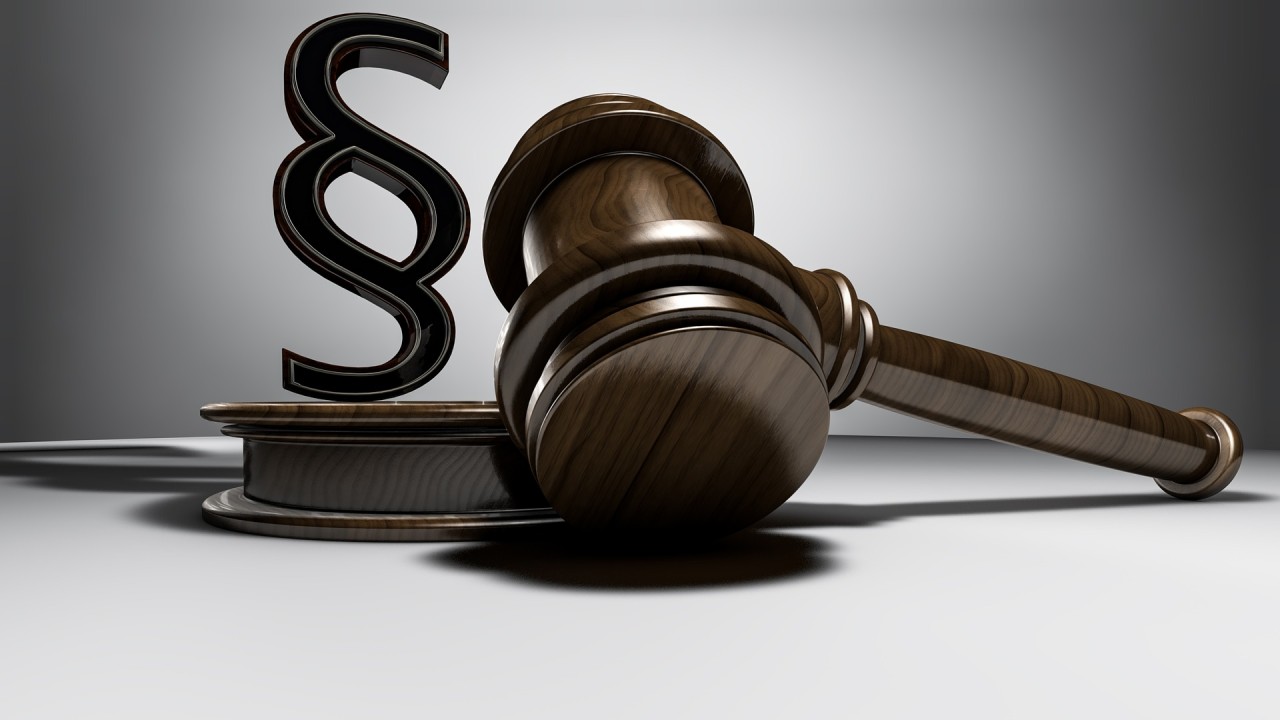The Discovery Act provides for mandatory sanctions for discovery abuses unless the court finds the offending party acted with substantial justification or the sanction would be "unjust." Plaintiffs in Kwan Software Eng'g, Inc. v. Hennings (D6 Dec. 2, 2020) No. H042715, a high-stakes (the complaint sought $255 million) and multi-party Silicon Valley litigation over "cyber-squatting," gave false deposition testimony, submitted false declarations, and spoiled evidence.
Defendants filed a motion seeking $4 million in litigation fees for discovery abuse, and the trial court issued a 60-page OSC. Under Code of Civil Procedure section 2023.030(a): "... the court shall impose that sanction unless it finds that the one subject to the sanction acted with substantial justification or that other circumstances make the imposition of the sanction unjust."
Although the court awarded terminating sanctions, ordered restitution of plaintiffs' prior $83,000 anti-SLAPP fee award, and ordered plaintiffs to pay the court $22,000 for costs incurred by the court, the court declined to award any monetary sanctions in favor of defendants. The court reasoned that, in the circumstances, such an award "could be considered as punishment" for misconduct already sanctioned.
The Sixth District disagreed and reversed. The Court acknowledged the standard of review on sanctions orders is deferential, and that "punitive" orders ordinarily are improper. But after "a careful reading" of the record, the Court concluded the trial court had failed to ever impose any sanction specifically for any of plaintiff's discovery abuses. The $22,000 sanction to be paid to the court was for plaintiffs' "fraud on the court." And the disgorgement of anti-SLAPP fees was "for plaintiffs' overall 'wrongful conduct.'" But as plaintiffs' false deposition testimony and spoliation of evidence, no sanction had been awarded.
Thus, the order denying mandatory money damages was not supported by the "unjust" exception to section 2023.030(a).
Concerning the "substantial justification" exception, however, the Court engaged in a curious bit analysis. The Court found that the "substantial justification" exception was implicitly not met. I find this odd because, ordinarily, the Court of Appeal only infers findings in favor of affirming the judgment. “The doctrine of implied findings requires the appellate court to infer the trial court made all factual findings necessary to support the judgment. (Sammis v. Stafford (1996) 48 Cal.App.4th 1935, 1942.) "The doctrine is a natural and logical corollary to three fundamental principles of appellate review: (1) a judgment is presumed correct; (2) all intendments and presumptions are indulged in favor of correctness; and (3) the appellant bears the burden of providing an adequate record affirmatively proving error. [Citations.]" (Fladeboe v. American Isuzu Motors Inc. (2007) 150 Cal.App.4th 42, 58.)
Here, the Court chose to infer a finding in favor of reversing the judgment. And then the Court went on to find that "[s]ubstantial evidence supports that determination [in favor of the implied finding]." Again, this is unusual, because the substantial-evidence standard ordinarily is deployed in the aid of affirmance, not in reversal.
The denial of monetary sanctions was reversed and remanded for determination of an appropriate amount. The Court affirmed the denial of sanctions against plaintiffs' attorneys, however, finding there was no direct evidence the attorneys advised their clients to engage in any discovery abuse – a high evidentiary standard mandated by the statute.
h/t Michael Shipley.

